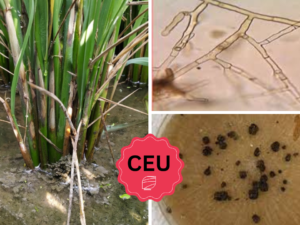Healthy soils serve as a critical cornerstone for both environmental quality and the production of nutrient-dense foods. The presence of healthy soils is instrumental in supporting the sustainability and profitability of agricultural endeavors, which in turn contributes to society’s overall sustainability, health, and prosperity.
In this context, examining the basic principles governing soil function reveals its multifaceted importance. Healthy soils play a pivotal role in environmental remediation, acting as natural filters to cleanse the air and water in our surroundings. They facilitate the removal of pollutants and contaminants, thus contributing to cleaner environments.
Furthermore, the impact of healthy soils extends into agriculture, where they are essential for producing nutritious food. The ability of soils to retain and supply crucial nutrients to plants is fundamental for crop development. This nutrient-rich environment not only enhances crop yield but also influences the nutritional quality of the harvested produce.
To democratize this knowledge, it is essential to target a broad audience, including beginners, home gardeners, market gardeners, hobby farmers, and growers with limited scientific training. A comprehensive understanding of soil science need not delve into the intricacies of soil microbiology, chemistry, or physics. Instead, the emphasis is on providing accessible insights into the basic parameters that individuals can monitor to ensure their soils are conducive to producing healthy crops.
Central to this understanding are the five key components of soil, each of which wields considerable influence over overall soil health. Texture, structure, minerals, organic matter, and microbiology are the pillars upon which soil quality and crop nutrition rest. Accordingly, participants are guided in assessing soil texture, improving soil structure, and managing soil minerals, organic matter, and microbiology to promote soil health and enhance crop nutrition.
It is worth noting that the course refrains from prescribing specific additives for soil improvement or restoration. Given the diverse natural and regulatory environments in which growers operate, a generalized approach is deemed most appropriate. Instead, the course imparts a foundation in principles that can be broadly applied, irrespective of the specific conditions in which soil cultivation occurs.
The significance of healthy soils is profound, extending far beyond the scope of agriculture to encompass environmental well-being and societal prosperity. The dissemination of fundamental soil science principles empowers individuals to actively promote healthy soils, cleaner environments, and nutrient-dense food production.



